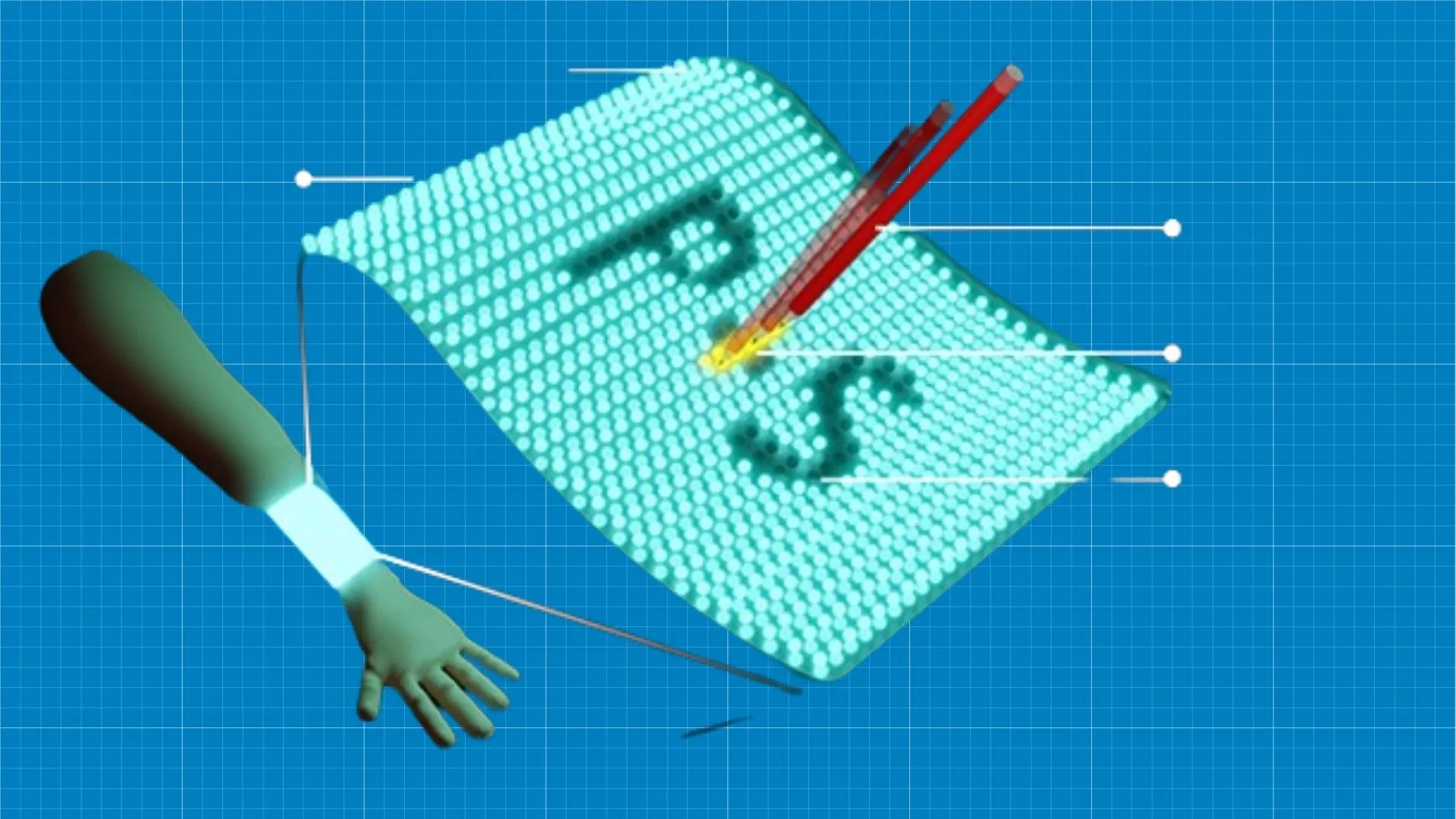The workings of the brain remain a mysterious phenomenon, intricately complex and not fully understood. But it is believed that our thoughts, emotions, and behaviors are products of the intricate network of billions of interconnected neurons transmitting signals to each other.
This conventional wisdom has recently been questioned by a pioneering study from Monash University.
This ground-breaking research conducted by Australian scientists proposes that the structure of our brains might exert a more substantial influence on us than previously assumed.
Surprisingly, it appears that the shape of our brains plays a more significant role in shaping our thoughts and behaviors compared to the interconnections and signaling between individual neurons.
The shape takes center stage, stealing the limelight from connectivity!
The researchers utilized MRI scans to study the brains of 255 individuals engaged in different tasks, such as finger tapping or recalling image sequences. They also examined 10,000 brain activity maps from over 1,000 experiments globally to explore the influence of brain shape.
With this data, they developed a computer model to simulate the effect of brain size and shape on brain waves, which represent the electrical activity in the brain. This model was then compared to an existing computer model based on the conventional understanding of neuron connectivity’s role in brain function.
Surprisingly, the newly developed model demonstrated a higher level of accuracy in representing the observed brain activity from MRI scans and brain activity maps compared to the previous model.







